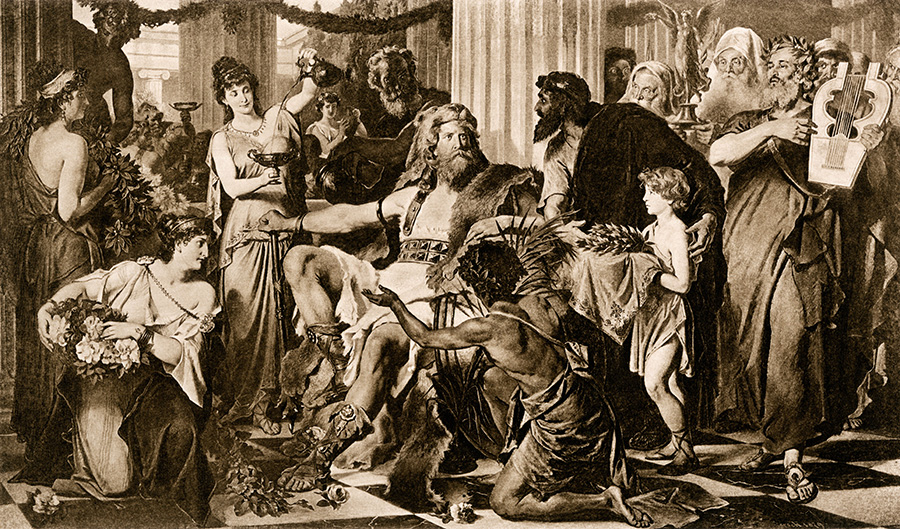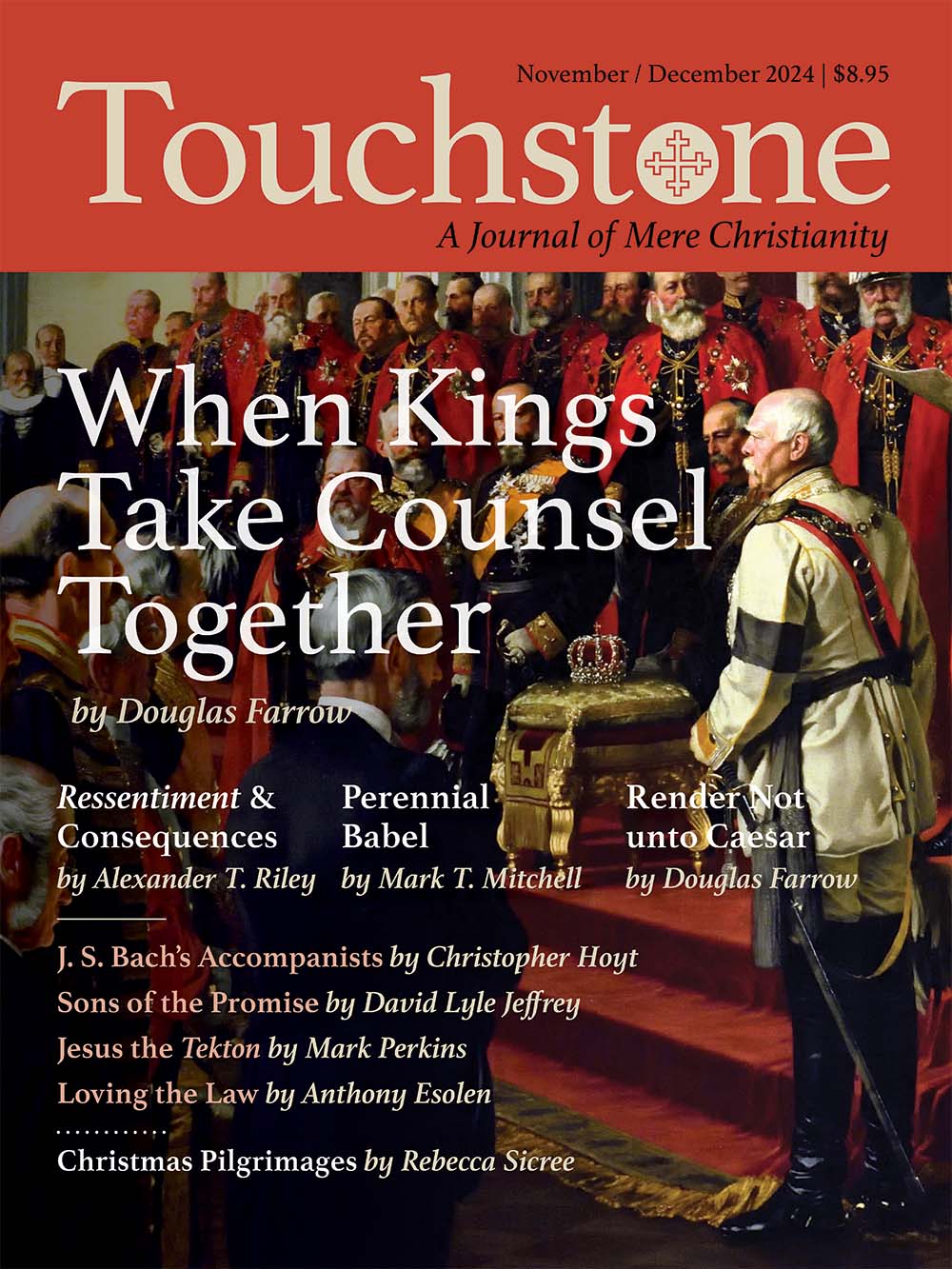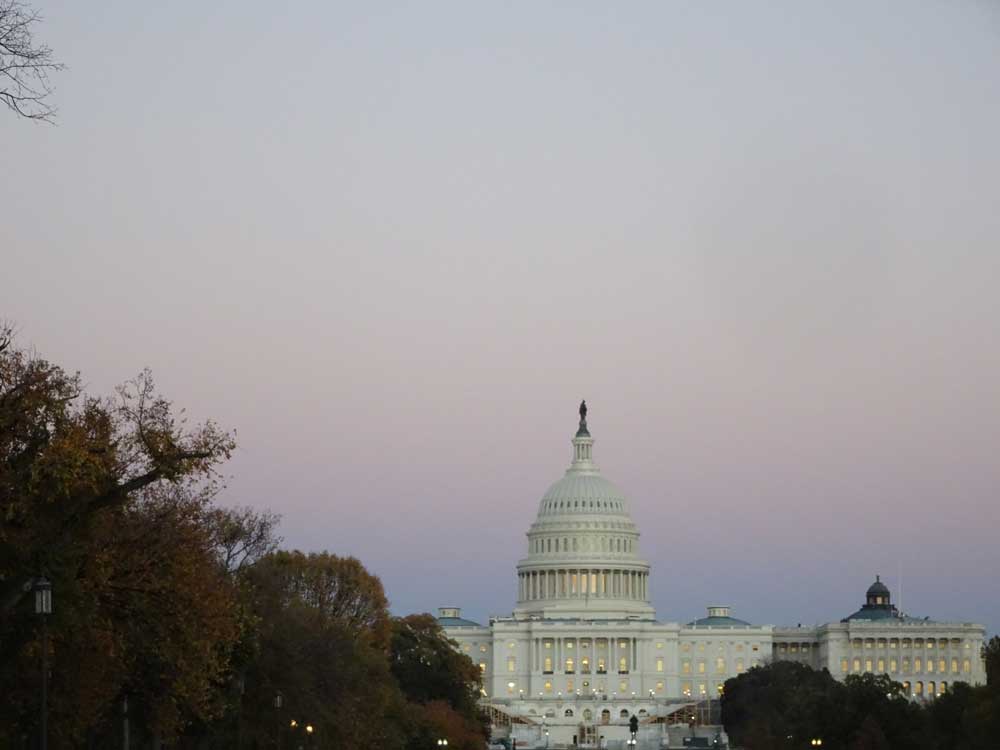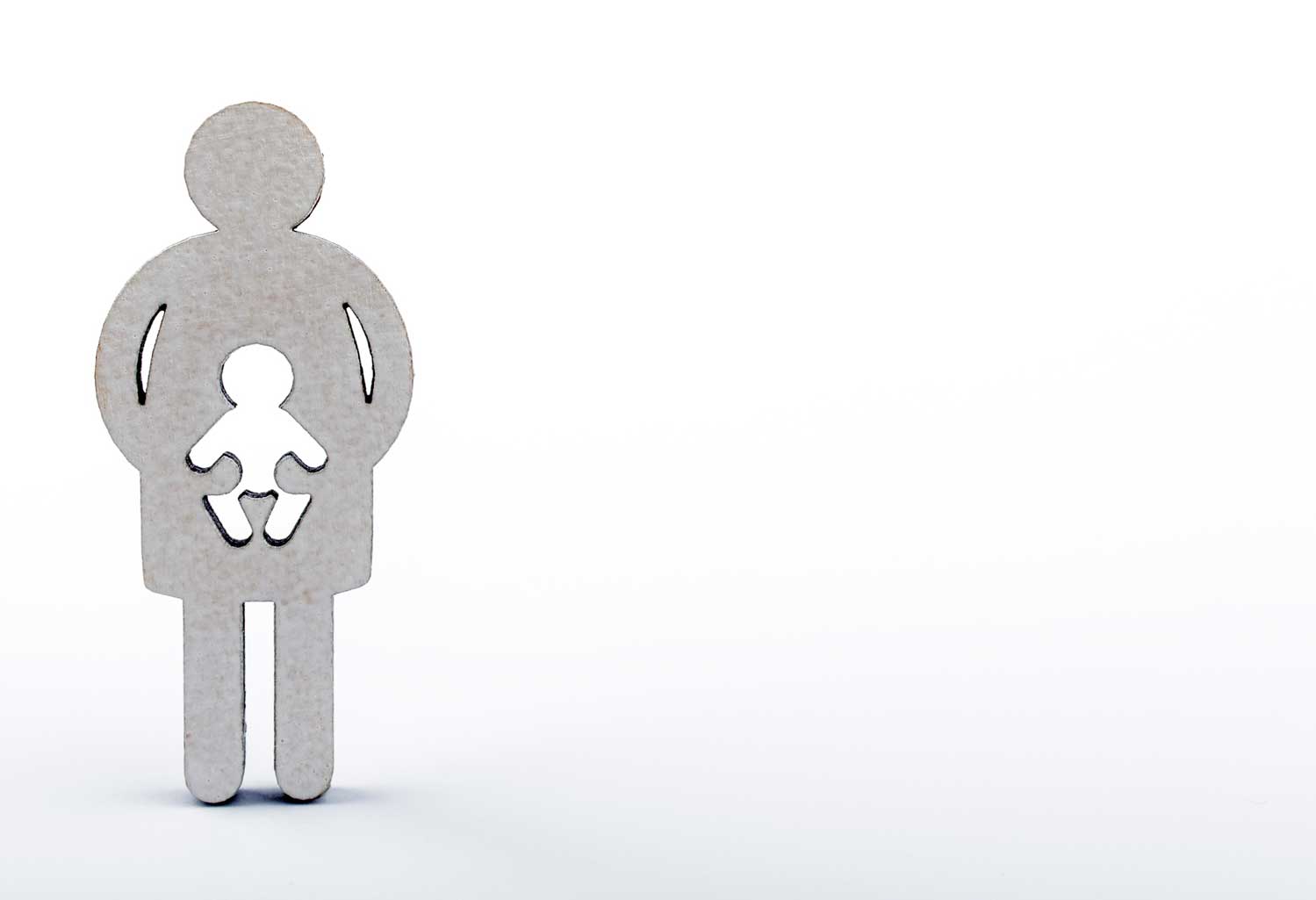When Kings Take Counsel Together
The World May Not Rule Itself Without Christ
The wars of the last century dealt the myth of progress a deadly blow. Moral order disappeared in puffs of musket smoke in Europe, then in mushroom clouds over Japan. The West, contrary to popular opinion, did not win the Cold War that followed. Rather, it lost its democracies to a military-industrial complex into which it imported fascist war criminals. It lost the foundations of domestic order to sexual revolutionaries. It lost its universities to socialist revolutionaries. And now it is succumbing, as N. S. Lyons has argued, to a managerial revolution in which nothing is to elude the scrutiny of the bureaucrats. It is succumbing, as I have argued, to a “public health” revolution in which the individual good disappears into some putative common good determined at a planetary level by the Controllers against whom Chesterton and Huxley and Lewis warned us. A totalitarian plutocracy, backed by a pantheon comprising Secularism, The Science, Artificial Intelligence, Climate Change and other deities, is assuming control of everything from money to medicine to movements of peoples and goods. They are the mighty in the land, the arrogant whom Asaph envied:
They are free from common human burdens;
they are not plagued by human ills.
Therefore pride is their necklace;
they clothe themselves with violence.
From their callous hearts comes iniquity,
their evil imaginations have no limits.
They scoff, and speak with malice;
with arrogance they threaten oppression.
Their mouths lay claim to heaven,
and their tongues take possession of the earth.
Therefore their people turn to them
and drink up waters in abundance.
They say, “How would God know?
Does the Most High know anything?”
(Ps. 73:5–11)
From such men a new kind of “authority” is emerging in which no reference is made to natural or divine law, or even to the consent of the governed. They have taken counsel together, in their public-private partnerships, and they are deliberately dissolving what is left of civil society that they might “build back better” with a system of well-monitored serfdom. They are devising a bio-security state in which the number of men, the activities of men, and even the human genome will be subject to them.
Their project will fail. Their great Tower, with its high-speed communications rivaling those of the cherubim, will last but briefly. When Asaph withdrew into the sanctuary of God, to pray for a way of escape from his temptation, he perceived their end:
Truly thou dost set them in slippery places;
thou dost make them fall to ruin.
How they are destroyed in a moment,
swept away utterly by terrors!
They are like a dream when one awakes,
on awaking you despise their phantoms.
(Ps. 73:18–20)
Yes, their project will fail. But only after first appearing to succeed. Already we behold its outline and discern its nature. We believe authority to be grounded in God. These people do not believe in God. We believe all authority to have been given to God’s Christ. They do not believe in Christ. We believe that the present age is a time for choosing to enroll in the service of Christ and to discover there “the greater operation of liberty.” These men are not interested in liberty. We believe in law and lawfulness as indispensable to liberty. These men introduce lawlessness into law. They rule by crisis, by emergency, by a state of exception. Which creates a conundrum: as the mystery of lawlessness percolates through the remains of our civilization, dissolving ancient assumptions and institutions, how are we ourselves to be lawful?
On Law & Authority
There are, as Aquinas observes, four kinds of law: two that are fundamental, namely, the eternal law and natural law; and two forms of positive law, divine and human. Eternal law is the highest of the four. It is the law governing creation that exists in the mind of the Maker. The second is the most basic to man, for it is that same law insofar as God has made it accessible to rational animals; it is what we can know or discover of the eternal law. The third is the law God crafts for us and delivers to us, not merely by reason but by revelation, whether under the old covenant or the new. The fourth is civil law, the laws we craft for ourselves, that we may live together in some degree of conformity to natural and divine law. This also takes two forms: as canon law in the city of God, and as secular law in the city of man.
Secular law, though good and necessary, comes last and least. Where it violates natural or divine law, it does not have the binding force of law, so far as the conscience is concerned. For every human being is duty-bound to obey God at all times. God, on the other hand, is bound by none but himself. He is what he has and has what he is. He is therefore a law unto himself. It is not so with us. With us, law depends on authority. Law, it is true, helps us know who has authority and what authority they have. But there is no law without authority to make law. Only by divine authority does the world exist, with its laws; only by divine fatherhood do families and tribes exist, with their laws. The authority to order their relations by law is a participation, however remote, in his authority.
Otherwise put, all authority comes from God while remaining with God. It does not go forth from God in such a way as to abide independently with creatures. They have it exactly as they have everything else. They have it as a gift entrusted to them. They have it in such a way as to remain accountable for their use of it. They are stewards, not masters, of their own lives and laws.
Recall the great king, Uzziah, whom God struck with leprosy when he went into the temple to pray. Why? Because he presumed to preside over his own sacrifice. He acted as one who had authority he did not have. In contrast, consider Jesus, who came to heal lepers. He announced to the Jews that the kingdom of God was present in their midst, in his own person, and had at last come within their grasp. So they grasped him, using their own law perversely, and subverting that of the Romans, to nail him to the wracking cross. But no one took his life from him; they had no such authority. He himself had authority to lay it down and to take it up again. When he had done so, he announced that the kingdom had indeed come. “All authority in heaven and on earth has been given to me.”
Douglas Farrow is Professor of Theology and Ethics at McGill University in Montreal. His recent books include Ascension Theology, Desiring a Better Country, Theological Negotiations, and 1 & 2 Thessalonians in the Brazos Theological Commentary on the Bible. He is a senior editor of Touchstone.
subscription options
Order
Print/Online Subscription

Get six issues (one year) of Touchstone PLUS full online access including pdf downloads for only $39.95. That's only $3.34 per month!
Order
Online Only
Subscription

Get a one-year full-access subscription to the Touchstone online archives for only $19.95. That's only $1.66 per month!
bulk subscriptions
Order Touchstone subscriptions in bulk and save $10 per sub! Each subscription includes 6 issues of Touchstone plus full online access to touchstonemag.com—including archives, videos, and pdf downloads of recent issues for only $29.95 each! Great for churches or study groups.
Transactions will be processed on a secure server.
more on politics from the online archives
more from the online archives
calling all readers
Please Donate
"There are magazines worth reading but few worth saving . . . Touchstone is just such a magazine."
—Alice von Hildebrand
"Here we do not concede one square millimeter of territory to falsehood, folly, contemporary sentimentality, or fashion. We speak the truth, and let God be our judge. . . . Touchstone is the one committedly Christian conservative journal."
—Anthony Esolen, Touchstone senior editor














